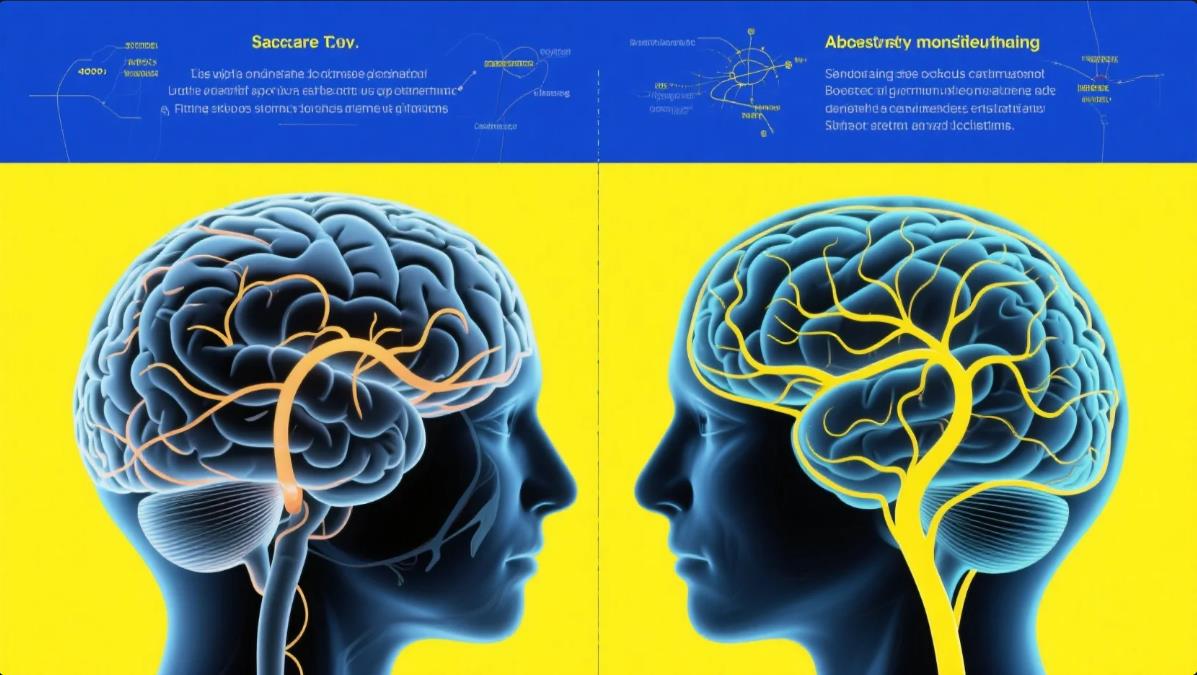The persistent wealth gap in modern societies reveals a startling truth - financial success depends less on external circumstances than on internal mental frameworks that most people never examine. While conventional explanations focus on income inequality or education disparities, groundbreaking behavioral research uncovers hidden cognitive traps that keep individuals locked in financial stagnation regardless of their earnings. These psychological barriers operate beneath conscious awareness, shaping financial decisions through invisible patterns of thought and emotion that most victims never recognize.
Scarcity mindset creates a self-reinforcing poverty trap that transcends actual bank account balances. Neuroscientific studies show that financial anxiety literally shrinks cognitive capacity, reducing the mental bandwidth needed to make strategic long-term decisions. This explains why people experiencing financial stress - regardless of income level - tend to focus on immediate needs at the expense of future planning. The most pernicious aspect of this phenomenon manifests in what psychologists call the "tunneling effect," where stressed individuals overlook obvious opportunities visible to those with different mental frameworks. Wealth builders consciously counteract this by practicing what researchers term "cognitive slack" - deliberately creating mental space for strategic thinking even amid financial pressures.

The comfort paradox explains why middle-class stability often proves more dangerous to wealth creation than obvious poverty. Behavioral economists have identified an unsettling pattern where achieving basic financial security triggers dangerous complacency, cutting off the psychological drive that fuels extraordinary achievement. This explains why many plateau at comfortable incomes rather than pursuing true wealth - their brains interpret temporary security as permanent success. The wealthiest individuals maintain what psychologists call "constructive dissatisfaction," a learned ability to feel motivated rather than threatened by higher financial benchmarks. Modern wealth coaches now employ specific neuro-linguistic programming techniques to help clients cultivate this mindset without tipping into destructive greed or workaholism.
Social mirroring acts as perhaps the most powerful yet least acknowledged wealth deterrent. Human brains contain specialized neurons that unconsciously mimic the financial behaviors of our immediate social circles, explaining why people tend to match the economic status of their childhood friends and family regardless of individual potential. Breaking this pattern requires deliberate "cognitive re-mapping" - systematically exposing oneself to new financial role models while developing immunity to limiting groupthink. Digital platforms now offer unprecedented access to alternative social networks that can help reprogram these deep-seated financial blueprints, though the process demands uncomfortable self-awareness and consistent effort.

Temporal discounting reveals why most people sabotage their financial futures for minor present comforts. The human brain's reward system evolved to prioritize immediate certainty over delayed gratification, creating what researchers call a "hyperbolic discounting curve" that makes future wealth feel abstract compared to tangible present spending. Wealth builders employ counterintuitive "pre-commitment strategies" that manipulate this biological tendency - from automatic investments timed to payday to visual reminders of long-term goals placed in spending decision points. Cutting-edge apps now leverage behavioral science principles to make future financial benefits feel more viscerally real than immediate temptations.
The victimhood delusion represents the final psychological barrier to wealth creation. Clinical studies show that blaming external factors for financial status triggers dopamine responses similar to actual problem-solving, creating a addictive mental pattern that prevents constructive action. The wealthiest individuals train themselves to experience even greater neurological rewards from taking responsibility - a learnable skill that forms the foundation of true financial agency. This explains why certain individuals thrive in challenging circumstances while others stagnate in relative privilege - their brains have learned to derive pleasure from different aspects of the financial experience.

The path to wealth ultimately requires rewiring fundamental thought patterns more than mastering financial techniques. While money management skills matter, they prove useless without the underlying psychological infrastructure to implement them consistently. Modern wealth psychology reveals that financial status reflects internal cognitive frameworks more accurately than external circumstances - a liberating realization that places true economic power firmly within individual control. Those willing to examine and upgrade their mental operating systems discover that wealth creation follows as a natural consequence of psychological transformation, not the other way around.





